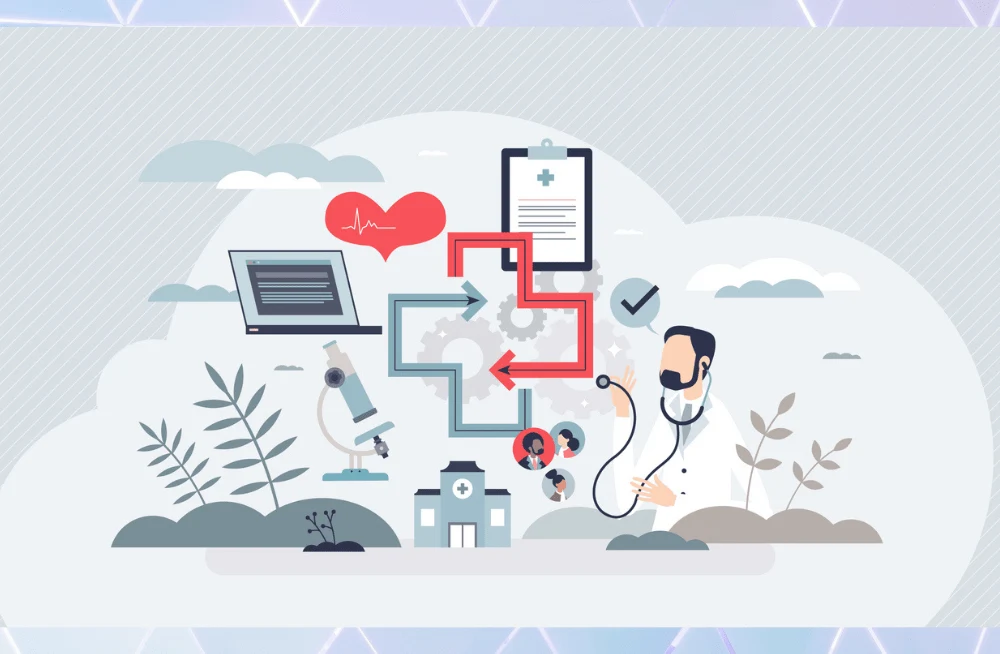Achieving true national interoperability in healthcare is essential for ensuring that all stakeholders have access to trustworthy, accurate, and actionable information. This seamless flow of data is critical not only for clinicians who need up-to-date patient information but also for other healthcare constituents, such as payers, consumers, and public health officials. As we move towards a more connected healthcare system, the Trusted Exchange Framework and Common Agreement (TEFCA) serves as a key enabler, providing the infrastructure and standards needed for this transformation.
The Need for Accurate and Accessible Data
When we think of interoperability, the primary image that comes to mind is that of physicians having instant access to patient data, regardless of where it was initially documented. For clinicians, this data must be trustworthy, accurate, up-to-date, and readily accessible within their own Electronic Health Record (EHR) systems. Moreover, the data should be coded in a manner that makes it both human- and machine-readable, facilitating the flow of understandable information across diverse Health Information Technology (HIT) systems.
However, the need for accurate and easily accessible data extends beyond clinicians. Healthcare payers require this information for payment processing and prior authorisations, while public health officials use it to assess population health trends. Patients themselves need access to their data to manage their health and wellness, often using various applications to aggregate and distribute their information. Thus, achieving national interoperability requires that all these stakeholders have access to data that is both accurate and actionable.
The Role of TEFCA in Driving Interoperability
The Trusted Exchange Framework and Common Agreement (TEFCA), established under the 21st Century Cures Act, is designed to be the "on-ramp" for the healthcare interoperability highway. TEFCA aims to create a standardised set of regulations and infrastructure to facilitate data exchange among key stakeholders, including providers, consumers, and payers. At the heart of TEFCA are Qualified Health Information Networks (QHINs), which serve as central hubs through which all healthcare stakeholders can connect and seamlessly share data.
QHINs are crucial for ensuring secure and appropriate access to health information. They support various use cases, including treatment, individual access services, public health, and government benefits determination. As TEFCA evolves, it will continue to incorporate additional use cases, ensuring that all legitimate data needs are met. The governance of TEFCA is designed to be inclusive, with representation from QHINs and their participants, ensuring that the framework remains responsive to the needs of the healthcare community.
Enhancing Data Usability
For interoperability to be truly effective, it is not enough to merely share data; the data must also be usable. Sequoia, the Recognized Coordinating Entity of TEFCA, has convened a workgroup to focus on key enhancements to data usability. These include ensuring that data is accurately coded with standardised codes, trustworthy, and free from duplicates. Additionally, the provenance of data elements must be clear, and data should be tagged in a way that allows for easy searching and filtering.
Clinicians, in particular, benefit from these enhancements as they often lack the time and cognitive bandwidth to sift through vast amounts of documentation. By improving data usability, we can ensure that the right information is readily accessible in the appropriate sections of their EHR systems. This not only enhances clinical decision-making but also improves overall efficiency and job performance.
Achieving true national interoperability in healthcare is a complex but attainable goal. With the implementation of TEFCA and ongoing efforts to enhance data usability, we are well on our way to creating a more connected and efficient healthcare system. While the rollout and adoption of these frameworks will take time, the benefits are clear: better patient outcomes, streamlined operations, and empowered healthcare consumers. By staying committed to these efforts, we can ensure that all constituents have access to the data they need, when they need it, ultimately improving the quality of care for all.
Source Credit: MedCityNews
Image Credit: iStock






